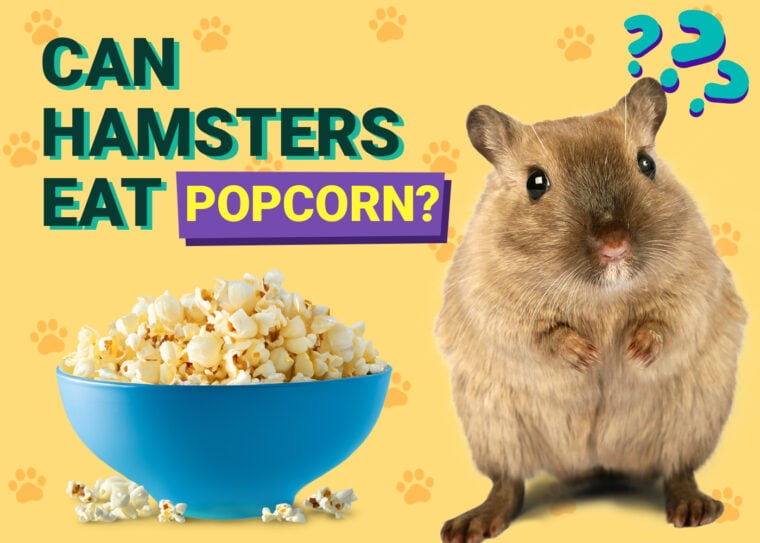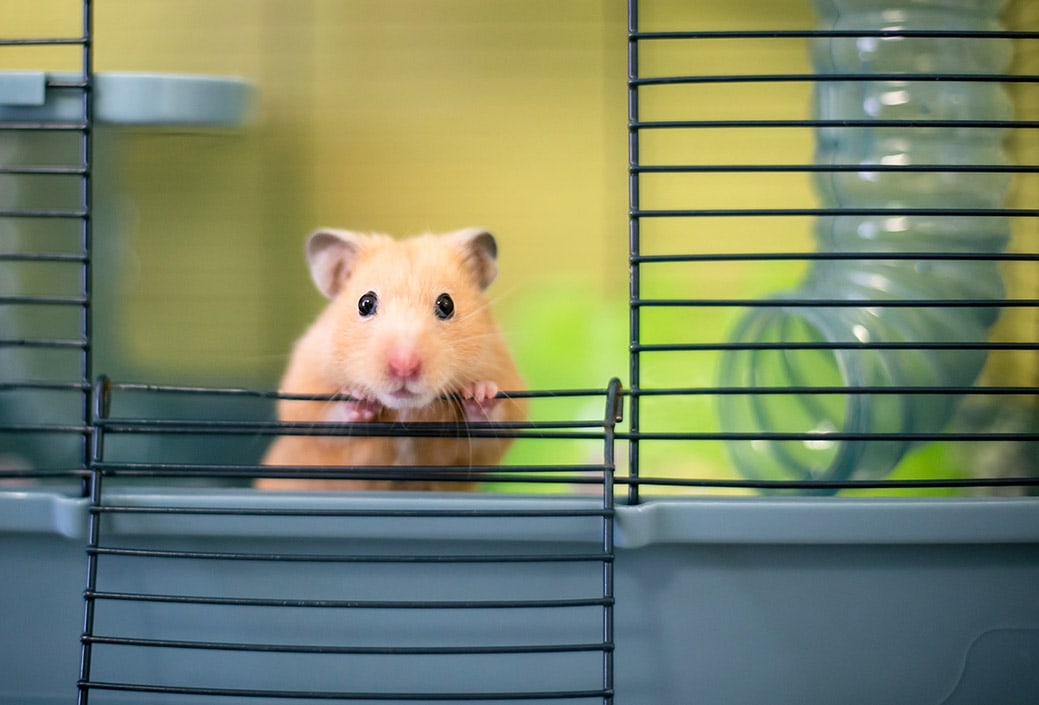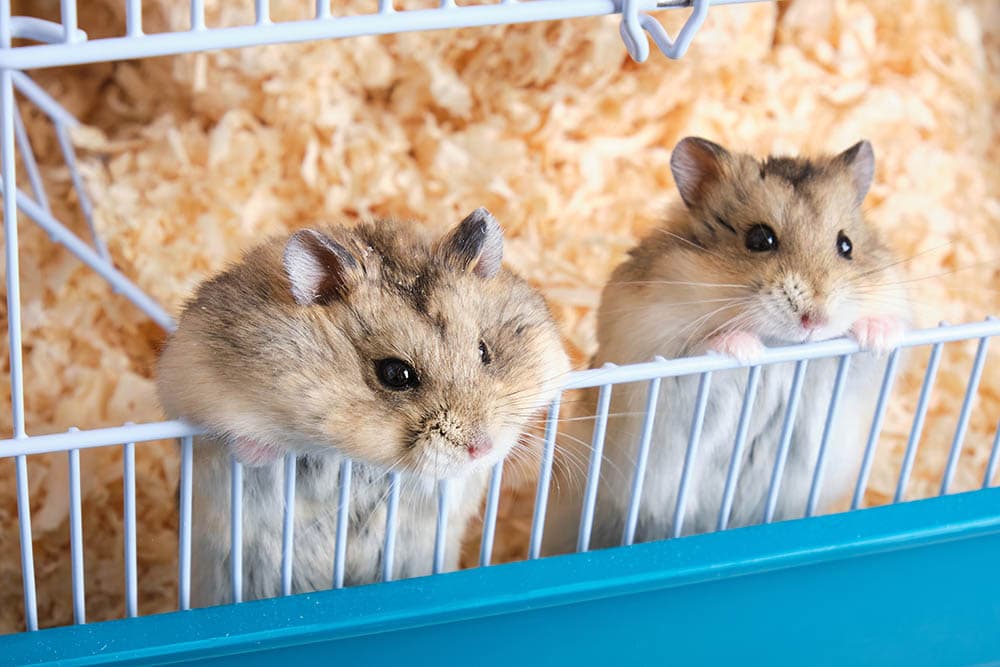
Whoever thought of applying heat to a corn kernel was a genius, no one can deny. Popcorn in every form — from caramel to movie theater butter-style to kettle corn — is a delicious snack choice. But when it comes to giving our furry little hamsters a treat to enjoy, is popcorn a healthy option? In short — yes, your hamster can eat popcorn — but be careful.
While your hamster can eat popcorn, it has to be fully popped and without extras. That means no salt, no butter, no caramel, no sugar. Read on for a full explanation on why you need to steer clear of all seasonings on your hammy’s popcorn.
Health Benefits of Plain Popcorn for Hamsters
Plain popcorn isn’t something that your hamster should have every day, but a piece every once in a while won’t hurt them. The key is to make sure there isn’t anything added to it. Unknown seasonings can harm them — especially if you’re not sure what’s on it.
Your hamster likely won’t eat enough popcorn to reap any real nutritional benefits, but here are some nutritional facts.
Per one ounce, plain popcorn has1:
In the earliest experiments with hamsters, it was found that they do not handle high amounts of glucose, sucrose, and other sugars well. Their health was improved when replacing some of these sugars with starch, and therefore, the carbohydrate content of popcorn (which includes high amounts of starch) is considered safe for hamsters.
Popcorn also contains a respectable amount of fiber, which is beneficial for a hamster. However, the rest of the nutritional yield of popcorn is quite low, which means it is best when they are served as an occasional treat rather than a dietary staple.

Dangers of Kernels and Seasonings
Your hamster is an omnivore, meaning they eat both plants and insects in the wild. Their diets are pretty straightforward, needing a proper dose of protein, vitamins, and minerals every day. Other things that humans eat are unnatural for your hamster and can make them very sick.
Corn kernels are non-toxic, and most hamsters readily consume them. The hard shell of a kernel offers your hamster a chew item which is edible and helps wear their teeth down. This is important because, like all rodents, hamster teeth continuously grow throughout their lives and they need to chew appropriate foods to file them down.
Toxicity Concerns
Popcorn carries considerable toxicity concerns for hamsters (and other pets) when served in one of these two forms:
Microwave Popcorn
These products can contain harmful chemicals commonly referred to as perfluorinated compounds. Examples that are commonly found in microwave popcorn bags include polyfluoroalkyl phosphate surfactants or fluorotelomers. These chemicals are toxic and non-biodegradable and accumulate within the body. Studies on hamsters have shown that they may cause organ damage, however, the extent of the damage has not yet been thoroughly investigated. Studies in rats have also shown that these compounds can induce injuries on several organs and organ systems.
Teflon Toxicity
Sometimes, popcorn is fried in appliances that are coated with Teflon (such as air fryers). When heated to 260°C (500°F) and beyond, Teflon begins to deteriorate and release invisible gasses that are toxic to many pets. They are especially lethal for birds, and teflon toxicity has also been observed in several species. Studies of these fumes in hamsters aren’t conclusive, however, other studies on the effects of inhalants (such as smoke) on hamsters have shown that inhaling certain compounds might be detrimental to their health.
Final Thoughts
So, as we learned, hamsters can indulge in an occasional plain popcorn puff or two. But it shouldn’t ever be a primary staple of their diet. You should also make sure to feed your hamster fully popped, season-free popcorn with no extras of any kind. You can make your guy or gal seriously sick otherwise.
There are relevant toxicity concerns associated with popcorn, which renders them a controversial food for many pets, including hamsters.
Hamsters thrive best on an omnivorous diet. It is best to offer them a complete vitamin-fortified bag of hamster food with a well-portioned amount of fruits and veggies.
You may also be interested in:
Featured Image Credit: Georgia Vagim, Unsplash










